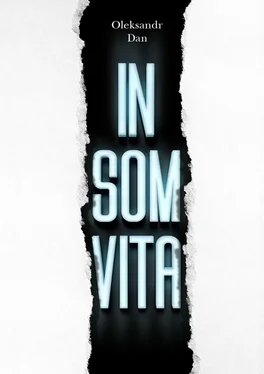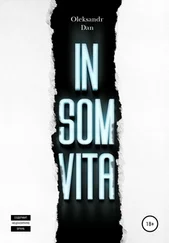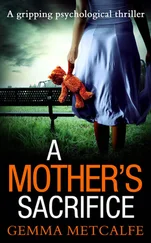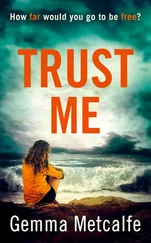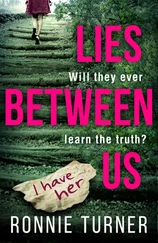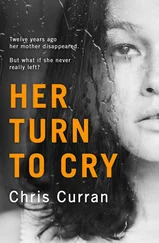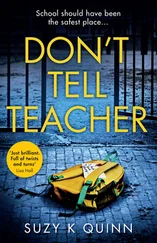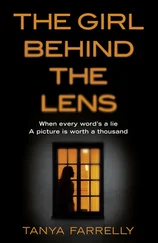Military service was in the past, the only reminder being a pale tattoo of a skull on his left shoulder, a device of the Reconnaissance Battalion of the Marine Brigade of the French Foreign Legion headquartered in Algeria. The department of the French Press Institute at Paris II Panthéon-Assas University was also in the past. Now, he was a special war correspondent for Les Mondes.
Trevor remembered only bits and pieces of his childhood, as the family moved around a lot. His father was from Carpathian Ruthenia 6 6 Carpathian Ruthenia (Czech Podkarpatská Rus, Země Podkarpatoruská; also Carpatho-Ukraine or Zakarpattia since September 1938 – Czech: Země Zakarpatskoukrajinská) – the name of one of five (later four) regions of the First Czechoslovak Republic 1919—1938 (from 26 October 1938 renamed Carpatho-Ukraine, an autonomous regions of the Second Czechoslovak Republic). The region is located in the modern-day Zakarpattia Region of Ukraine.
(territory of modern Zakarpattia region in Ukraine), a Ukrainian Ruthenian (Rusyn) 7 7 Rusyns ( Ruthenians, Rusnaks) – name of Ukrainians before the 18 th century; in West Ukrainian regions – before the beginning of the 20 th century. The name is still used in Zakarpattia. Initially, the word «rusyn’ was used only in singular form as a derivative of the plural form of «Rus’. Many Croatian historians identify Rusyns with White Croats, believing they are the descendants of the White Croatian tribe.
.
However, at the beginning of the Second World War, when Zakarpattia, then a part of Czechoslovakia, was occupied by the Hungarian army, his family fled first to Prague and after the war to France, where Trevor was born in the early 1970s. His father would converse with him only in the Rusyn language so that he would remember his heritage. Trevor’s mother, a teacher of French and French literature, tried to instill in him a love for everything French.
His father, an expert in hotel construction, had traveled regularly for work to different countries, and he would often take his family with him. That was why Trevor’s childhood memories were reduced to faded color and black and white photographs against the backgrounds of public markets in India, islands and temples of Thailand, sands of the Middle East, and the endless construction sites of Hong Kong, Dubai and Bangkok. As a child, Trevor got so used to moving around and the constant changes that even when he entered adulthood, he could not imagine himself as an office employee, working at the same desk day after day. That was the reason behind his fascination with journalism.
But then the accident happened.
When the boy was twelve, his parents died in a car accident. Trevor spent nearly a month in a hospital until his mother’s older sister, Anne Frachon, became his legal guardian and took him to Paris.
Aunt Anne was unmarried and gave all his love to Trevor. She was the one who insisted that Trevor enlist and later study journalism at university.
Over the past fifteen years, Trevor had traveled to nearly all the world’s conflict zones.
He received the Prix Albert Londres war correspondent award.
His career as a journalist began in 1999 during the Yugoslav Wars. He was sent there as a young, promising reporter by the newspaper in place of an experienced correspondent, who had unexpectedly fallen ill. As a former soldier who served five years in the French Foreign Legion and had intimate knowledge of military matters, Trevor was more than ready for that kind of work.
During the assignment, he became embroiled in a scandal after he published a controversial investigation on the NATO bombing of Yugoslavia. Trevor was one of the first to reveal that the alliance had used cluster bombs prohibited by the Geneva Convention. Despite the pressure and criticism by military experts and politicians, the young journalist was noticed and recognized.
In the fall of 1999, Trevor was sent to West Africa together with a group from the BBC to prepare an investigative report on war crimes committed by Foday Sankoh, former leader of the Revolutionary United Front, who was appointed vice president of Sierra Leone in 1997, and his ties to another infamous war criminal, then president of Liberia Charles McArthur Taylor, who was later indicted for crimes against humanity thanks to the materials collected and published by Trevor. In 2000, Sankoh was also accused of being a war criminal and indicted, while Charles Taylor was apprehended and held at the International Criminal Court in 2006.
From then on, Trevor was the top journalist covering the majority of military conflicts. His insightful reports and uncompromising articles were published by most of the European press.
In 2007, Trevor was covering wars in Afghanistan, Angola, Congo, and Sierra Leone, where he investigated Viktor Woud, an arms dealer from Russia, who was suspected of illegally selling arms and munitions to the Taliban, Al-Qaeda and UN-embargoed countries.
Trevor’s colleagues from Russia had told him that Woud could be a secret dealer for the Russian state arms export agency and a big player in Russia. They warned Trevor about investigating this story, as Woud’s operations were directly linked to the newly emerging Russian mafia, which had global aspirations.
Nevertheless, he probed and published, and some of his reports were aired by top European channels.
Viktor Woud was arrested in 2008 in Thailand and extradited to the U.S. on November 16, 2010, where he was indicted. Finally, on November 2, 2011, a jury unanimously found him guilty of illegal arms dealing.
All these events were well covered by Trevor from the start of the investigation in 2007, although due to another trip to a collapsing Libya, he could only follow the trial of Woud online and through the reports of his colleagues.
His track record included reports from Baghdad during the Iraq War, Gaza Strip during the Gaza War and the Libyan cities of Benghazi and Misrata, which were nearly leveled by NATO airstrikes.
That is why Trevor was considered to be one of the most experienced journalists, the lead expert on Africa and the Middle East.
Working in the most unstable countries, Trevor needed trustworthy and reliable friends and partners.
Kate, a twenty-eight-year old journalist from Australia, was one person Trevor fully trusted. Kate was a graceful and sweet blonde with short tousled hair, a cheerful smile full of even white teeth, beautiful, full lips, as if painted by a master artist, and big green eyes. Despite appearing delicate, she always wore a light uniform and a felt hat.
Kate was one of those women who, despite approaching the age of forty, remained cute and cheery, like a teenager in appearance and behavior.
They met in early 2007 in Afghanistan.
A few days earlier, Trevor was captured by the Taliban in Musa Qala, Helmand Province. The abduction had been planned, even though he was on his way to meet one of their leaders for a special story.
There was a young blonde woman and two men, tired by the heat and hunger, already in the house where the bound prisoners were brought. Trevor gathered from the conversations he overheard that they were all journalists and that they had been held there by the militants for over a month.
A local driver and an Afghani reporter were captured together with Trevor. The next day, to intimidate others, two Afghanis were publicly executed in front of the prisoners. The Taliban were planning to demand a ransom for him and the other journalists.
For three days Trevor was brutally beaten in an attempt to break his will, but on the fourth day Mullah Saddam, a prominent Taliban field commander, arrived at the camp.
***
Musa Qala, Helmand, Afghanistan
Читать дальше
